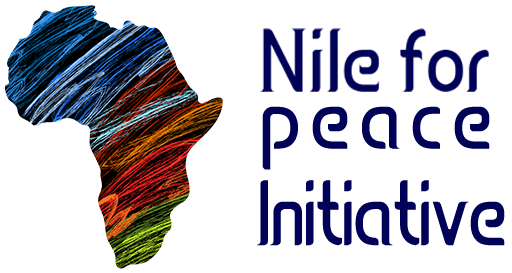Cooperation or Disagreement among Nile Basin Countries: Towards Peace in the Nile Valley

Introduction:
The Nile river basin measures about three million square kilometers, which covers 10 percent of the African continent.
An estimated 240 million people depend on the Nile for their economic livelihoods, and about 430 million people live within the 11 basin countries.
Arguably the largest body of fresh water in the world, the Nile River basin is shared by eleven African countries, namely: Burundi, the Democratic Republic of the Congo, Egypt, Eritrea, Ethiopia, Kenya, Rwanda, Sudan, South Sudan, Tanzania, Uganda.
As a result of climate change, fresh water is increasingly becoming a scarce resource divided unevenly between countries. What is worse is that water is non-substitutable, which makes it a potential cause for conflict.
Furthermore, when a resource base extends across political borders, misunderstandings and disagreements about allocations are more likely. Thus, the transboundary nature of the Nile River presents a challenge in terms of management, as each riparian country has ambitious national development plans to fuel economic growth and poverty alleviation efforts such as investments in energy, food production, transportation, and industrial development which critically depend on the sustainable use and management of the shared Nile River basin. Individual states, armed with sovereign rights to territorial resources, use water to serve political, economic, and social goals which increases the potential for conflict, as well as intensifies threats to state stability and national security.
